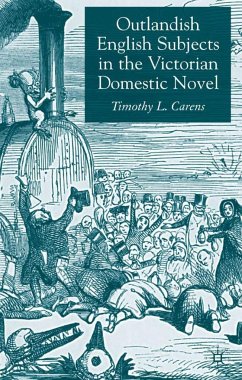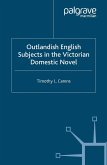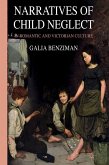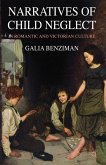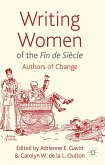Victorian domestic novels routinely detect a savage otherness lurking within the English state and subject. Outlandish English Subjects in the Victorian Domestic Novel charts the development of this irony within evangelical and anthropological discourses and studies its emergence in the major works of Charles Dickens, Charlotte Brontë, Wilkie Collins, and George Meredith. Each of these writers disrupts the certitudes of imperial ideology by appropriating the language of ethnography and using it to describe the social domestic field. Providing fresh readings of both canonical and neglected novels, this original volume will be of interest to students and scholars of Nineteenth-Century literature and Postcolonial studies.
Hinweis: Dieser Artikel kann nur an eine deutsche Lieferadresse ausgeliefert werden.
Hinweis: Dieser Artikel kann nur an eine deutsche Lieferadresse ausgeliefert werden.
'Tim Carens' Outlandish English Subjects in the Victorian Domestic Novel makes a commanding contribution to the burgeoning study of the reflux of imperialism in metropolitan England. He brilliantly discovers how the ideologies of an imperial civilizing mission variously manifest themselves as they return to invest personal relations at home. His sense of the precariousness of such home missions, founded as they were on the unstable binaries of the empire itself, arms a discussion of major texts from the entire nineteenth century with important new insights - and with penetrating wit before the spectacle of one culture's attempt to set itself above and beyond general humanity.' - Professor John Maynard, New York University, USA

